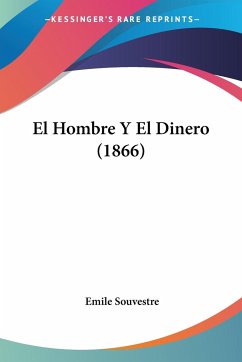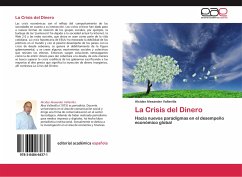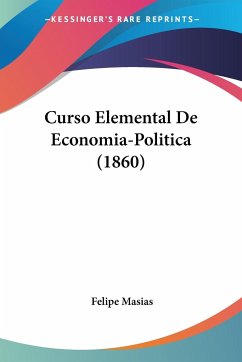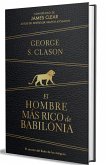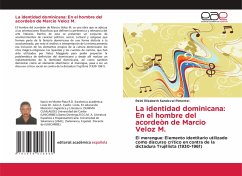El libro ""El Hombre y el Dinero"" (1866) escrito por Emile Souvestre, es un an¿¿¿¿¿lisis profundo y detallado sobre la relaci¿¿¿¿¿¿n entre el ser humano y el dinero. El autor explora c¿¿¿¿¿¿mo el dinero afecta la vida de las personas, su felicidad, su libertad y su moralidad. Souvestre argumenta que el dinero puede ser una herramienta para lograr la felicidad y la libertad, pero tambi¿¿¿¿¿n puede ser una fuente de corrupci¿¿¿¿¿¿n y esclavitud.El libro est¿¿¿¿¿ dividido en tres partes: la primera parte se centra en la historia del dinero y su evoluci¿¿¿¿¿¿n a lo largo del tiempo; la segunda parte aborda los efectos del dinero en la vida humana, incluyendo su impacto en la familia, la sociedad y la pol¿¿¿¿¿¿tica; y la tercera parte analiza las soluciones posibles para los problemas relacionados con el dinero.Con un estilo de escritura claro y conciso, Souvestre presenta sus ideas y argumentos de manera convincente y persuasiva. Su libro es una reflexi¿¿¿¿¿¿n profunda sobre uno de los temas m¿¿¿¿¿s importantes de la vida humana y sigue siendo relevante hoy en d¿¿¿¿¿¿a. ""El Hombre y el Dinero"" es una obra esencial para cualquier persona interesada en la econom¿¿¿¿¿¿a, la filosof¿¿¿¿¿¿a y la psicolog¿¿¿¿¿¿a.This Book Is In Spanish.This scarce antiquarian book is a facsimile reprint of the old original and may contain some imperfections such as library marks and notations. Because we believe this work is culturally important, we have made it available as part of our commitment for protecting, preserving, and promoting the world's literature in affordable, high quality, modern editions, that are true to their original work.
Hinweis: Dieser Artikel kann nur an eine deutsche Lieferadresse ausgeliefert werden.
Hinweis: Dieser Artikel kann nur an eine deutsche Lieferadresse ausgeliefert werden.

